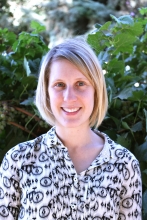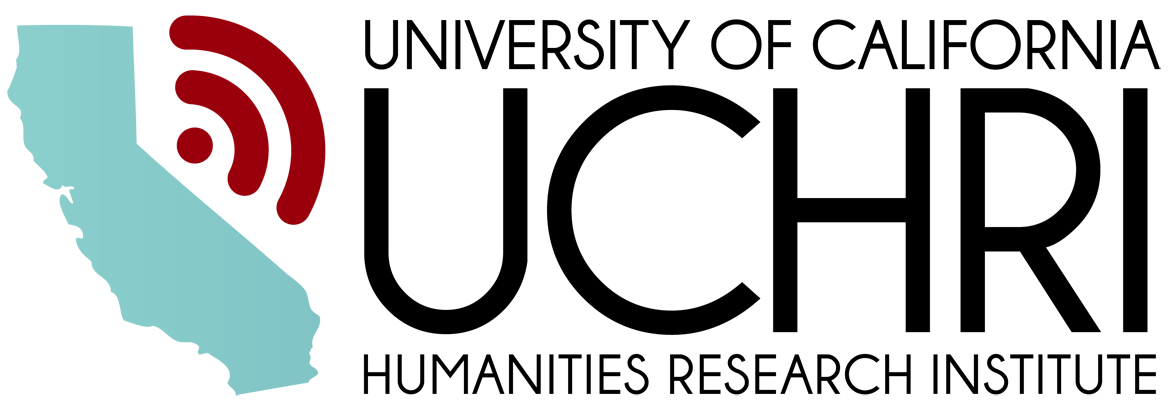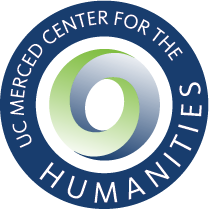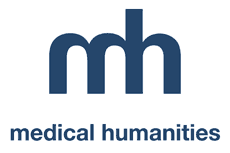
Kim De Wolff received her PhD in Communication and Science Studies from the University of California, San Diego, and is currently a Postdoctoral Fellow with the Center for the Humanities at the University of California, Merced. Her research investigates the intersections of global environmental problems and cultures of consumption and waste, especially those involving plastic and water. An interdisciplinary scholar of science and technology studies and critical cultural communication, she combines participatory, interview, and textual-based methods to examine how material forms and practices shape both understandings of environmental problems and the possibilities for responsible action. Her current book project traces how the Great Pacific Garbage Patch circulating in the North Pacific Ocean becomes a matter of public concern. Dr. De Wolff’s work has been funded by the National Science Foundation, University of California Humanities Research Institute, Center for Global California Studies, and the Social Science and Humanities Research Council.
Working at the intersections of critical cultural communication and science and technology studies, my research investigates processes connecting cultures of consumption and waste to global environmental problems. My current book project accounts for how the Great Pacific Garbage Patch accumulating in the North Pacific Ocean comes to matter as a public concern and environmental problem. I trace the history of ocean plastic pollution and the production and sharing of scientific and popular knowledge about it. In following these processes, I show how the garbage patch emerges as a product of multiple circulations – of water, images, plastic, people, science, and marine life – that transform human relationships with and across the ocean. As the area of my expertise extends beyond the garbage patch, I remain concerned with the role of material things and overlooked actors in ethico-political processes that bring worlds into being: how plastic bottles are complicit in the rapid rise of bottled water consumption; how ocean currents are attributed agency in moral economies of waste associated with tsunami debris; how fences and cows are enlisted in building the green spaces of a university natural reserve.













